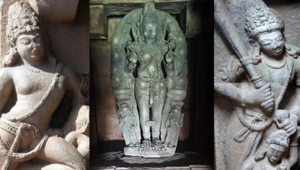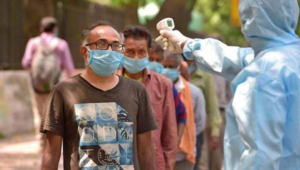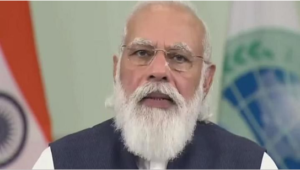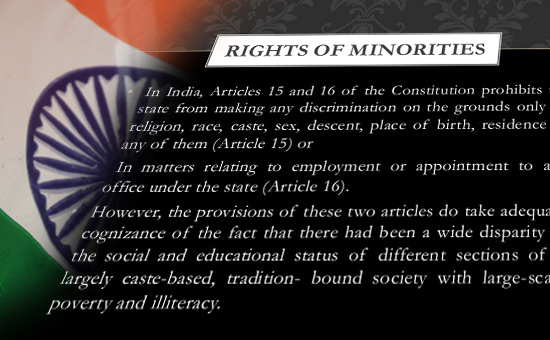
CONSTITUTIONAL PROVISIONS RELATED TO MINORITIES IN INDIA
(This article details with the various rights and safeguards provided for minorities under the Constitution)
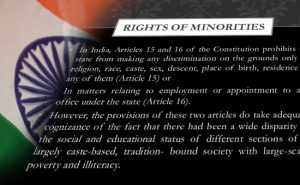
The provisions related to minorities are further categorized into
- Common Domain – provisions applicable to all citizens including minorities come under common domain
- Separate Domain – provisions exclusive to minorities come under separate domain
Common Domain:
- Part IV of the Constitution of India, containing non-justiciable Directive Principles of State Policy, includes the following provisions having significant implications for the Minorities :-
- obligation of the State ‘to endeavour to eliminate inequalities in status, facilities and opportunities’ amongst individuals and groups of people residing in different areas or engaged in different vocations;[Article 38 (2) ]
- obligation of State ‘to promote with special care’ the educational and economic interests of ‘the weaker sections of the people’ (besides Scheduled Castes and Scheduled Tribes); [Article 46] and
- Article 51A which is of special relevance for the Minorities stipulates as under :-
- citizens’ duty to promote harmony and the spirit of common brotherhood amongst all the people of India ‘transcending religious, linguistic and regional or sectional diversities; and
- citizens’ duty to value and preserve the rich heritage of our composite culture.’
- In the ‘common domain’, the following fundamental rights and freedoms are covered:
- people’s right to ‘equality before the law’ and ‘equal protection of the laws’; [Article 14]
- prohibition of discrimination against citizens on grounds of religion, race, caste, sex or place of birth; [Article 15 (1) & (2)]
- authority of State to make ‘any special provision for the advancement of any socially and educationally backward classes of citizens’ (besides the Scheduled Castes and Scheduled Tribes); [Article 15 (4)]
- citizens’ right to ‘equality of opportunity’ in matters relating to employment or appointment to any office under the State – and prohibition in this regard of discrimination on grounds of religion, race, caste, sex or place of birth; [Article 16(1)&(2)]
- authority of State to make ‘any provision for the reservation of appointments or posts in favour of any backward class of citizens which, in the opinion of the State, is not adequately represented in the services under the State; [Article 16(4)]
- people’s freedom of conscience and right to freely profess, practice and propagate religion – subject to public order, morality and other Fundamental Rights; [Article 25(1)]
- right of ‘every religious denomination or any section thereof – subject to public order, morality and health – to establish and maintain institutions for religious and charitable purposes, ‘manage its own affairs in matters of religion’, and own and acquire movable immovable property and administer it ‘in accordance with law’; [Article 26]
- prohibition against compelling any person to pay taxes for promotion of any particular religion’; [Article 27]
- people’s ‘freedom as to attendance at religious instruction or religious worship in educational institutions’ wholly maintained, recognized, or aided by the State.[Article 28]
Separate Domain:
The Minority Rights provided in the Constitution which fall in the category of ‘Separate Domain’ are as under:-
- right of ‘any section of the citizens’ to ‘conserve’ its ‘distinct language, script or culture’; [Article 29(1)]
- restriction on denial of admission to any citizen, to any educational institution maintained or aided by the State, ‘on grounds only of religion, race, caste, language or any of them’; [Article 29(2)]
- right of all Religious and Linguistic Minorities to establish and administer educational institutions of their choice;[Article 30(1)]
- freedom of Minority-managed educational institutions from discrimination in the matter of receiving aid from the State;[Article30(2)]
- special provision relating to the language spoken by a section of the population of any State;[Article 347]
- provision for facilities for instruction in mother-tongue at primary stage;[Article 350 A]
- provision for a Special Officer for Linguistic Minorities and his duties; and [Article 350 B]
- Sikh community’s right of ‘wearing and carrying of kirpans; [Article 25]






